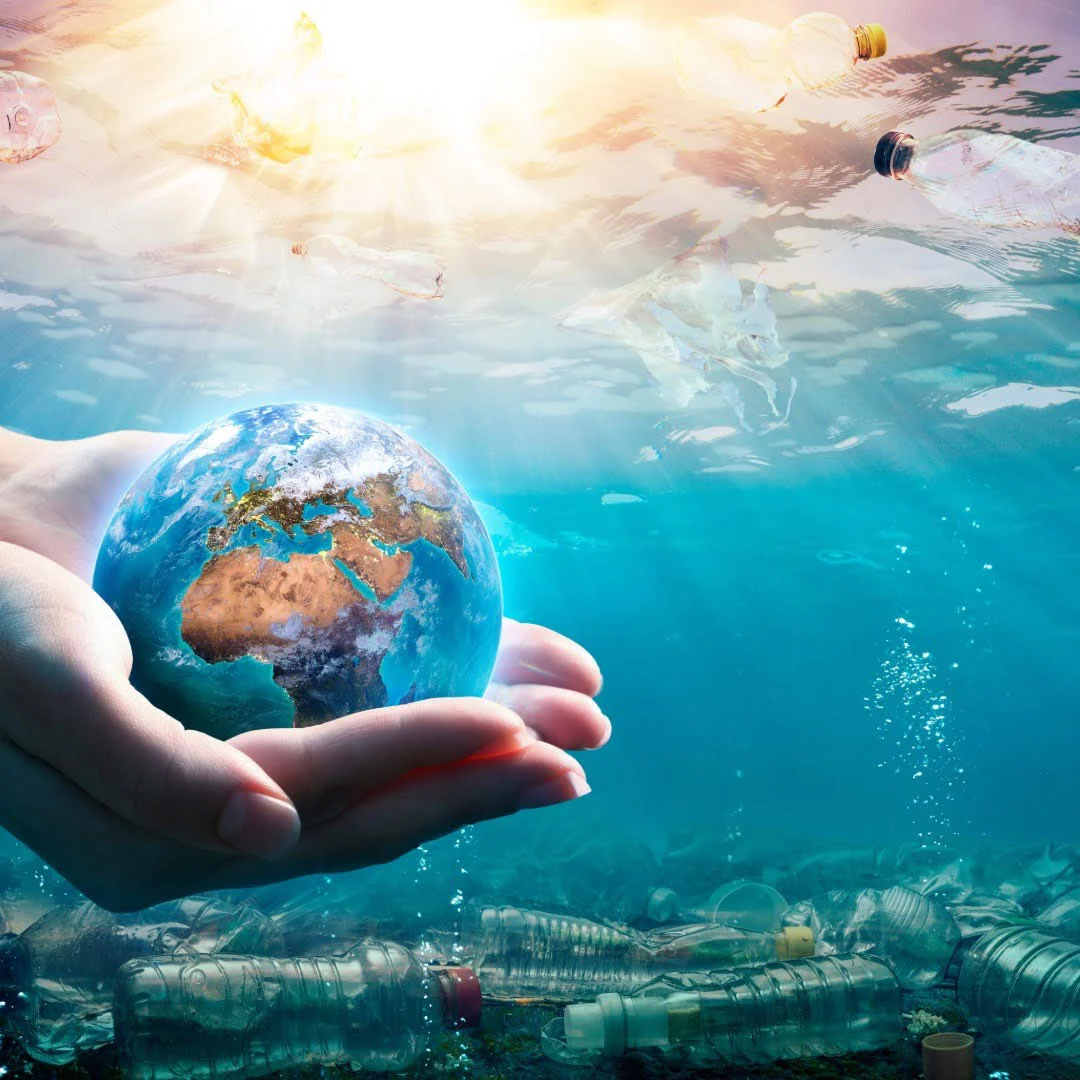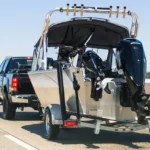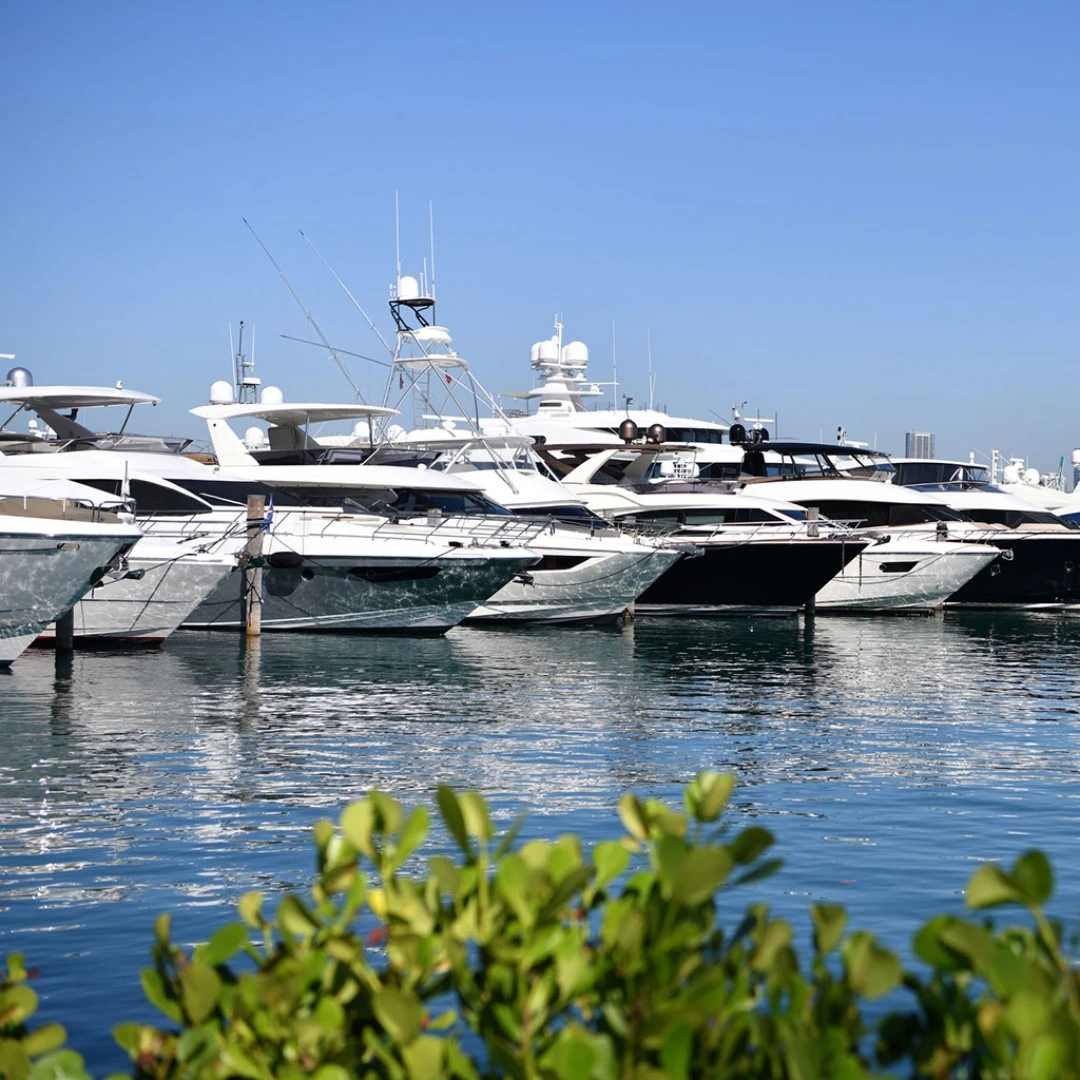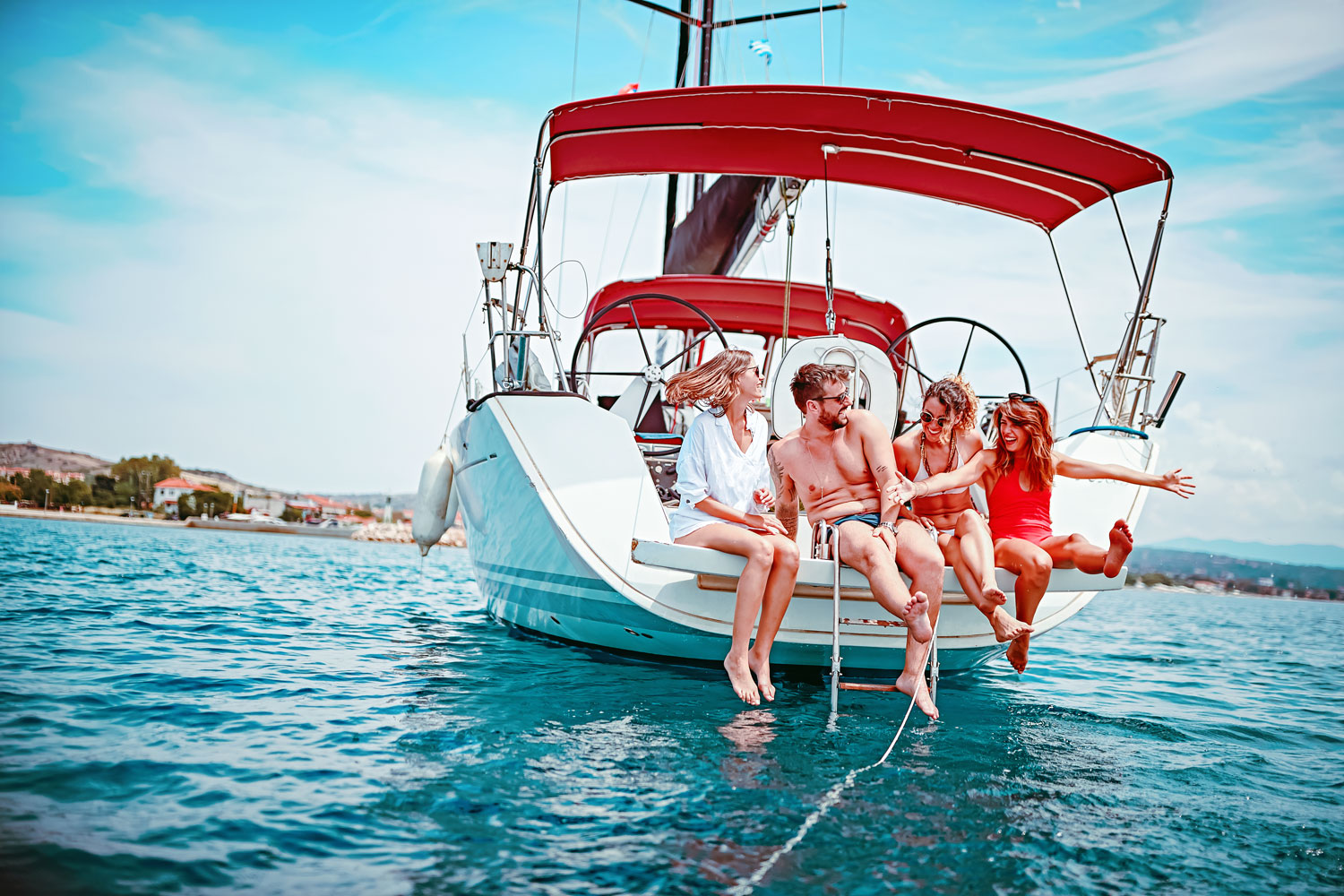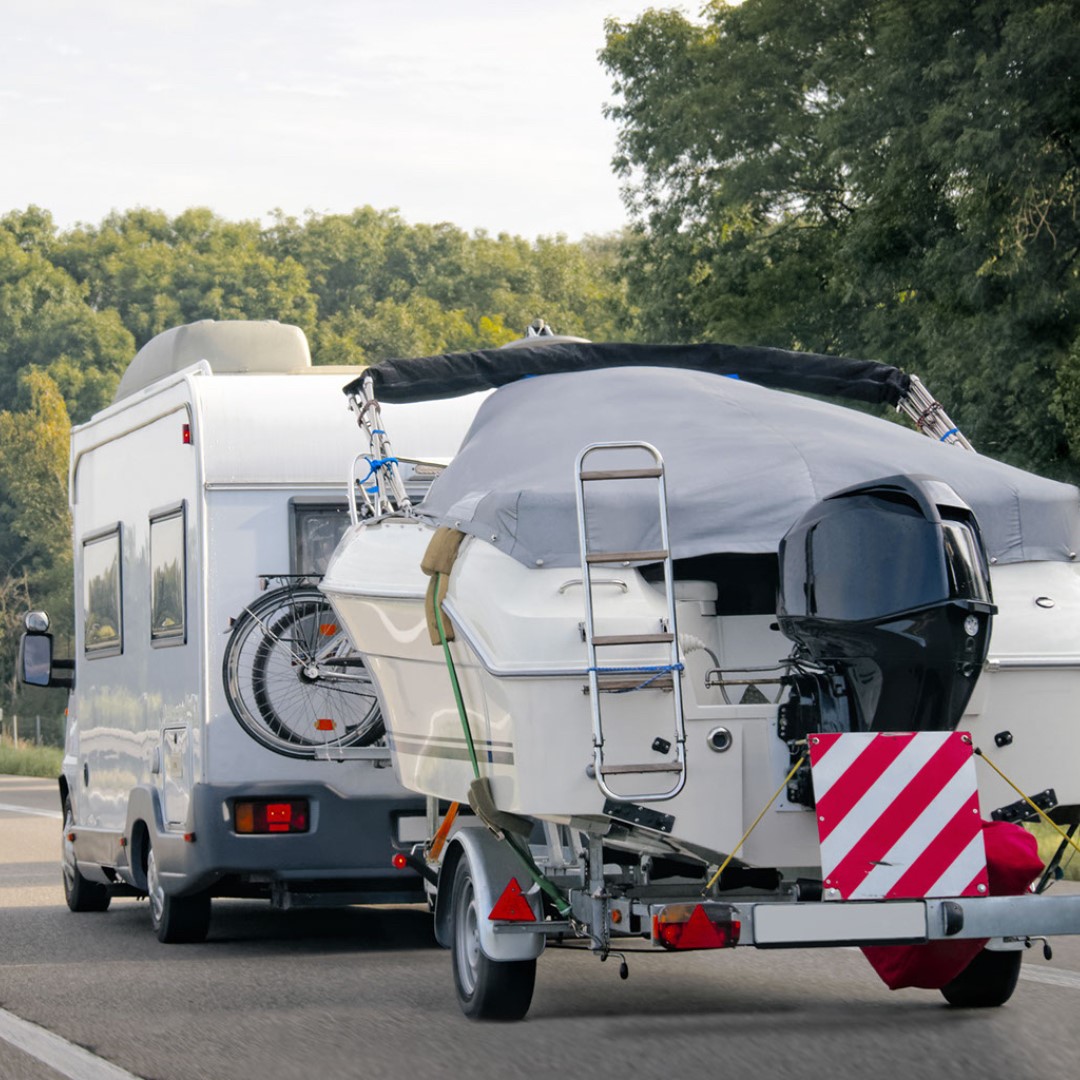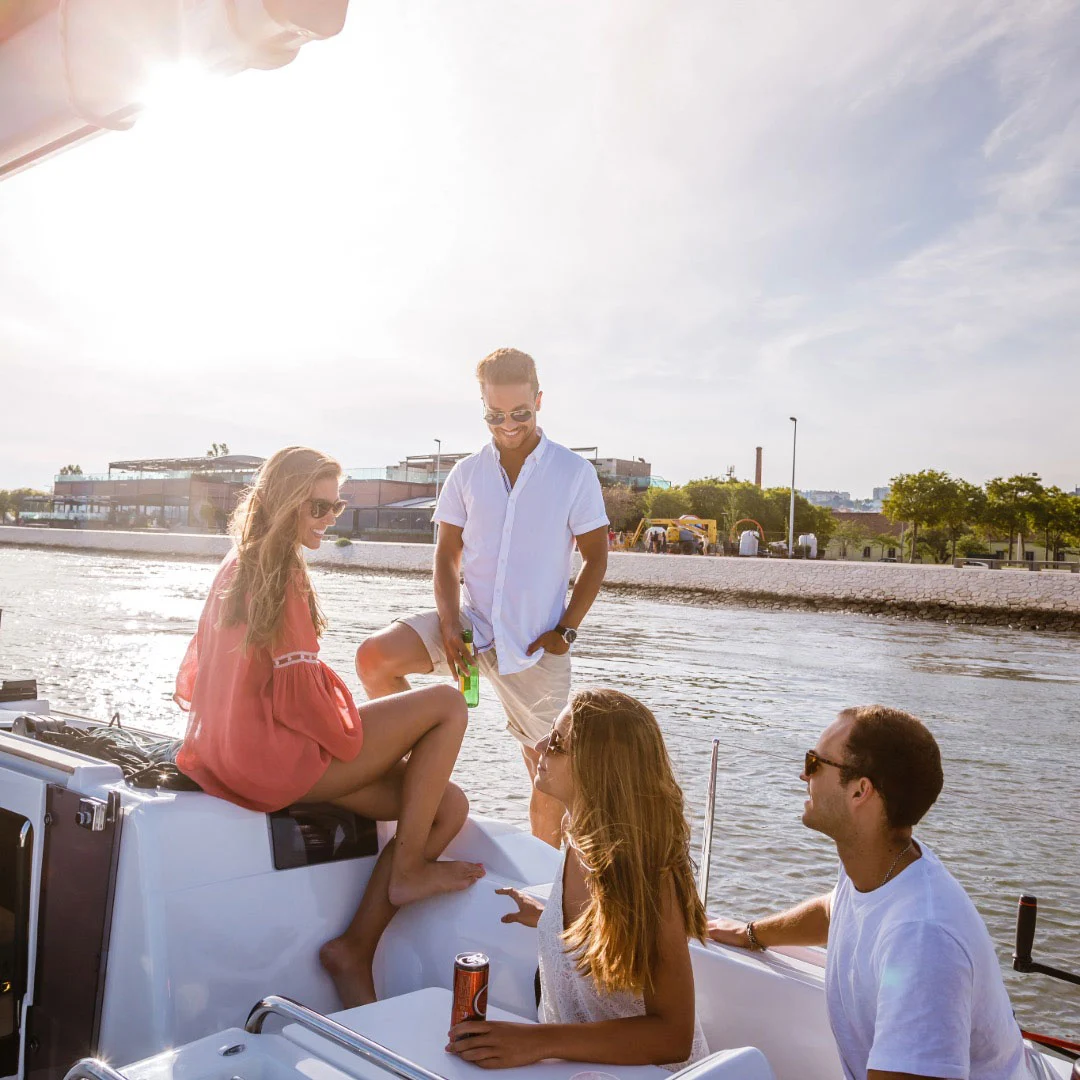Boca Raton’s once pristine shores became the backdrop for a disturbing scene – a scene captured on drone footage that has sent shockwaves through the community. Two teenagers from Florida, are facing serious consequences after video evidence revealed them casually tossing trash cans overboard, leaving a trail of debris in the ocean.
This blatant disregard for the environment has escalated from a mere act of littering to a criminal offense. The Florida Fish and Wildlife Conservation Commission has levied third-degree felony charges against the teens for causing pollution that could potentially harm human health, marine life, and the delicate ocean ecosystem. The potential penalties are a stark reminder of the severity of their actions: a hefty $50,000 fine and up to 5 years in prison.
This incident serves as a wake-up call, not just for these young men, but for everyone who enjoys the beauty of Florida’s waterways. Our oceans are not dumping grounds – they are the lifeblood of our coastal communities, vital for tourism, recreation, and the very food on our plates.
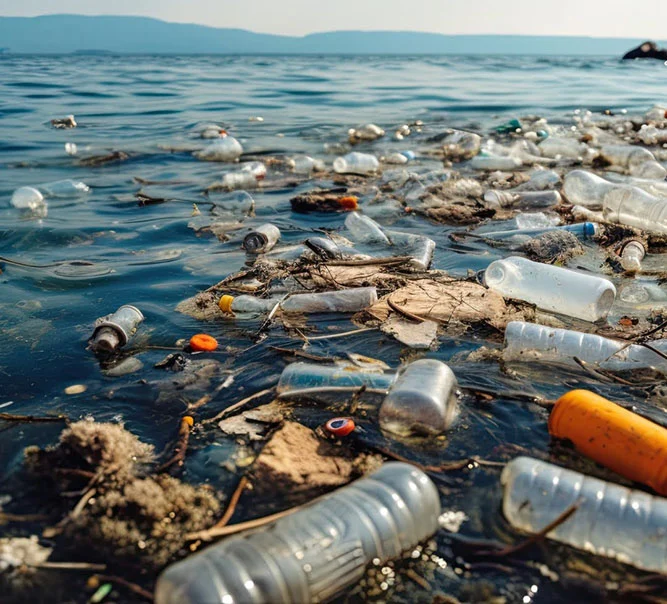
You should never dispose of trash directly overboard, regardless of what it is. Here’s how to handle your trash responsibly while enjoying your time on the boat:
- Bring a secured trash can with a lid: This is the most important step. Choose a trash can that can be secured to your boat to prevent it from tipping over or blowing overboard.
- Pack it in, pack it out: Treat your boat trash just like any other trash and plan to bring it all back to shore for proper disposal.
- Separate recyclables: If possible, bring separate containers for recyclables like cans and plastic bottles. You can dispose of these at designated recycling facilities on land.
- Find a designated waste disposal station: Many marinas and boat ramps have designated waste disposal stations. Look for signs or ask the dock staff for guidance.
- Dispose of hazardous waste properly: Certain items like used oil, batteries, and cleaning products cannot be thrown away with regular trash. Research proper disposal methods for these items before your trip.
This incident serves as a stark reminder that our actions on the water have real consequences, not just on a designated day like World Oceans Day (observed each year on June 8th), but every single time we venture out.
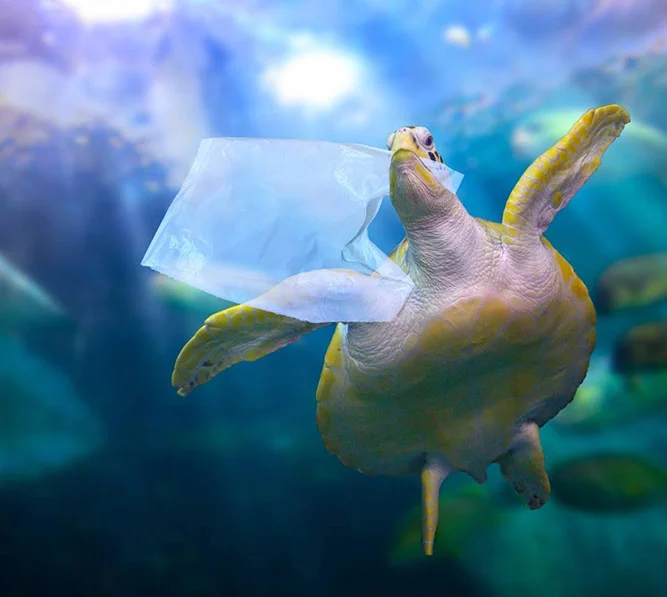
As boaters, we have a unique and privileged connection to the ocean. We get to experience its beauty firsthand, and with that privilege comes a responsibility – the responsibility to celebrate and safeguard this vital resource.
The good news is, there are many ways to ensure a healthy ocean while maximizing your enjoyment on the water, not just on World Oceans Day, but throughout the year.
Keep your boat shipshape and squeaky clean: Regular cleaning and maintenance prevent nasty pollutants from leaking into the water. Swap harsh chemicals for eco-friendly cleaning products that go easy on marine life. Most importantly, find designated facilities on land to dispose of oil, fuel, leftover cleaning supplies, and any other waste you generate onboard.
Ditch the disposables, embrace reusables: Cut down on single-use plastics by packing reusable water bottles and installing a water filtration system on your boat. Skip the plastic wrap and pack your food in reusable containers. The same goes for utensils, plates, and cups! And remember, balloons and plastic decorations are a recipe for ocean heartache – leave them on land where they belong.
Practice Responsible Anchoring: Choose your anchoring spot wisely. Sandy or rocky bottoms are your best bet, as they’re less susceptible to damage. Keep an eye out for sensitive areas like coral reefs and seagrass beds – these underwater treasures are easily wrecked by anchors. Whenever possible, use mooring buoys – they’re already in place and minimize seabed disruption.
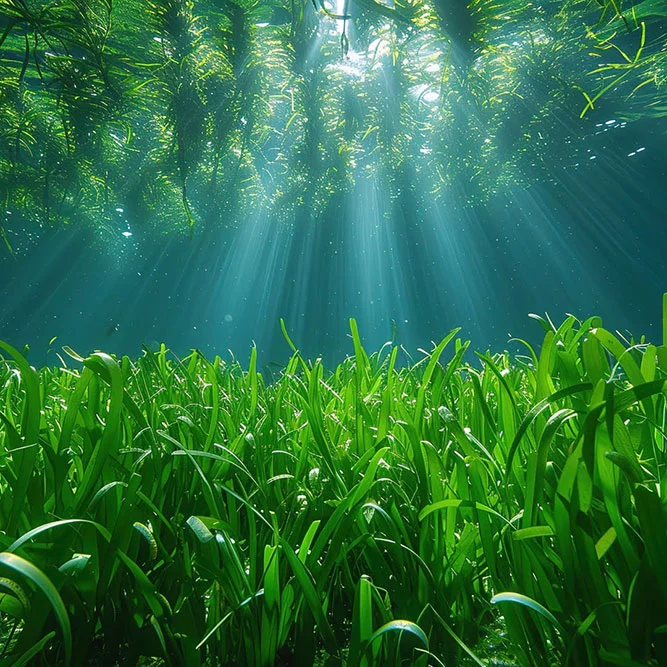
Respect Marine Life and Habitat: Give marine life plenty of space to enjoy their home. Admire them from a safe distance, and resist the urge to feed or chase them. Remember, nesting birds and animals on the shore need their peace too. When cruising in shallow areas, keep a watchful eye out for delicate habitats like seagrass beds and coral reefs – navigate with care to avoid causing any damage.
Practice Sustainable Fishing: Fishing can be a fun part of your boating adventure, but do it with the ocean in mind. Brush up on local fishing regulations and catch limits to ensure you’re playing by the rules. Switch to barbless hooks – they’re easier on the fish you plan to release.
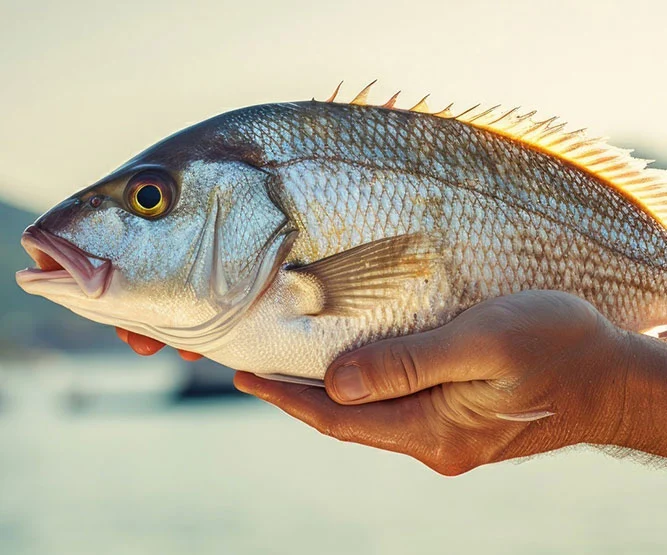
Educate Yourself and Others: Take the opportunity to educate yourself and others about the importance of ocean conservation. Stay updated on current environmental issues and share your knowledge with fellow boaters, friends, and family members. Encourage them to adopt responsible boating practices and make conscious choices to protect the ocean.
Support Marine Conservation Organizations: There are amazing organizations out there fighting for the ocean’s health. Consider supporting them with a donation to initiatives focused on ocean protection, research, and habitat restoration. You can also volunteer your time for conservation projects or community events that raise awareness about the importance of our precious oceans.
More for you to read:
Boating 101: Right Of Way Rules
The Environmental Impact Of Antifoul Black Paint And Its Influence On Orcas’ Behavior
